New Delhi / Jaipur, October 18, 2025 — In blistering observations, the Supreme Court on Friday denounced the encroachments of land acquired for the Rajasthan Housing Board (RHB) as an “absolute rank scam,” accusing powerful actors, property dealers, and officials of collusion from top to bottom. The bench warned that attempts to regularise illegal colonies would be struck down, and directed that demolition and accountability must follow.
A bench comprising Justices Vikram Nath and Sandeep Mehta heard a plea by the Rajasthan government challenging a March 12, 2025 order of the State High Court that stayed a regularisation scheme for colonies built on RHB land between the B2 Bypass and Sanganer region. The High Court had ordered demolition of encroachments and disallowed retrospective regularisation.
During arguments, state counsel revealed that some 5,000 houses had been built illegally on the acquired land. The Supreme Court told counsel that if authorities did not take proper instructions and act, the court itself would monitor further.
Justice Mehta said:
“This is an absolute rank scam … everyone, right from top to bottom, is in connivance.”
He criticized the state’s effort to retroactively legitimise illegal occupancy against multiple prior judgments forbidding such regularisation.
The bench permitted Rajasthan to withdraw its plea and approach the High Court instead, but warned it would intervene if necessary.
Background: Sanganer Colonies, Acquisition & Regularisation Scheme
Land Acquisition & Context
Over decades, the Rajasthan Housing Board acquired land in and around Sanganer (Jaipur), often to relocate slum dwellers or provide development corridors. Portions of this land remained vacant, and over time encroachments, informal colonies, and constructions grew.
In March 2025, the Rajasthan government issued a notification to regularise colonies built on RHB land, in effect permitting constructions that had encroached over years. The state’s justification was often that residents had been on-site for decades and built infrastructure.
The High Court, however, stayed that order on August 20, 2025, in response to PILs, and ordered that encroachments should be removed, not regularised.
The Supreme Court’s hearing was on the state’s appeal challenging that stay and the underlying demolition direction.
Prior High Court Orders & Policy Conflict
Several Rajasthan High Court benches have earlier ruled that authorities cannot regularise or sanction possession over RHB land, reaffirming that acquisition does not automatically confer legality on subsequent encroachments.
Despite this jurisprudence, various state governmental and housing agencies have attempted piecemeal regularisation of informal colonies, through housing schemes or backdated permissions, fueling tension between rule of law and political pressures.
Legal & Policy Implications
Sanctity of Acquisition & No Post-facto Regularisation
The judgment underlines a key legal principle: land acquired for a public purpose cannot be converted secondarily into an instrument for private gains. Encroachments must be erased, not legitimised. This strengthens the notion that acquisition does not legitimize possession.
The court’s strong language signals that government attempts to retroactively convert illegal occupancy, bypassing legal process, will not be tolerated.
Accountability of Officials
By calling the scam “absolute” and highlighting connivance, the court has flagged the involvement of public officers, local functionaries, revenue / land officials, housing agencies and possibly judiciary. The direction to “take instructions” suggests disciplinary or investigative follow-up may ensue.
Role of the Supreme Court & Monitoring
Allowing the state to withdraw the plea but preserving its own oversight role, the court keeps a door open for intervention. The bench may continue monitoring demolition compliance, take suo motu cognizance if necessary, and supervise enforcement.
Impact on Colonies, Residents & Buyers
Residents of informal or unauthorised colonies on RHB land will face uncertainty. Those who bought property without due diligence may lose homes. The ruling reinforces the risk in investing in such layouts without valid title and that due diligence is non-negotiable.
Authorities may need to provide transition or relocation paths, though the court seems unsympathetic to blanket regularisation.
Urban Planning & Cadastre Reform
Urban planners, land records authorities and housing boards may be compelled to improve cadastral mapping, possession records, demarcation, and transparency in allotments. The case may accelerate digitisation of land titles, GIS overlays, and rigorous audit trails.
Voices & Reactions
Property developers, affected residents, urban governance experts, and legal watchers will all weigh in:
- Some residents may seek interim protection or relief orders, citing equity and hardship arguments.
- Urban policy scholars may hail the ruling as necessary firmness to uphold land rule and prevent proliferation of slums.
- Conversely, voices sympathetic to informal settlement regularisation may warn of social fallout if thousands are displaced without alternative housing.
- Legal experts may debate whether the court’s tone and sweeping admonitions risk chilling development in peri-urban zones.
What to Monitor Forward
- Whether Rajasthan government appeals to the Supreme Court
- How the High Court responds when state re-files or as petition is withdrawn
- Timeframe and progress of demolitions, encroachment removal
- Whether officials implicated face departmental or criminal inquiry
- How many houses get erased or rehabilitated
- Policy reactions: revision of housing schemes, title regularisation amendments
- Broader ripple to other states with analogous housing board land encroachments
Broader Context: India’s Land Governance Challenge
Illegal encroachments and post facto regularisation are common in many states—Delhi, UP, Maharashtra, Karnataka—especially for housing and urban expansion. Many states regularly attempt to sanction colonies retroactively for political reasons. The Supreme Court’s language here may act as a deterrent.
Similarly, land acquisition penalties, compensation mismatches, weak enforcement, and gaps in land records create an environment for such encroachments to proliferate. This ruling could catalyse stricter land governance, titling reforms, and accountability across states.
In Rajasthan specifically, the Deendayal Upadhyaya Trust land controversy, earlier concessional land deals, and multiple land scandals hint at deeper fault lines in land administration. The current decision may reset the balance in favor of institutional integrity and rule of law.
Concluding Reflections
The Supreme Court’s sharp rebuke—calling the encroachments an “absolute rank scam”—is more than rhetoric. It’s a clarion call: land meant for public housing cannot be hijacked by powerful interests under the guise of legitimacy. The bench has drawn a red line: no more blanket regularisation, no more passive enforcement, and no more administrative complicity.
For Rajasthan, the ruling is a turning point—requiring resolute action, clean governance, and transparent remediation. For India, it reaffirms that land laws, acquisition mandates, and property rights must be defended by process, not politics.
The test lies in follow-through—if demolitions happen, if officials are held to account, and if citizens see that no one is above the law. If so, this judgment may mark the pivot from chaos to legal sanity in how India manages acquired lands.
#SupremeCourt #UrbanGovernance #LandEncroachment #Rajasthan #RuleOfLaw #HousingBoard #AntiCorruption











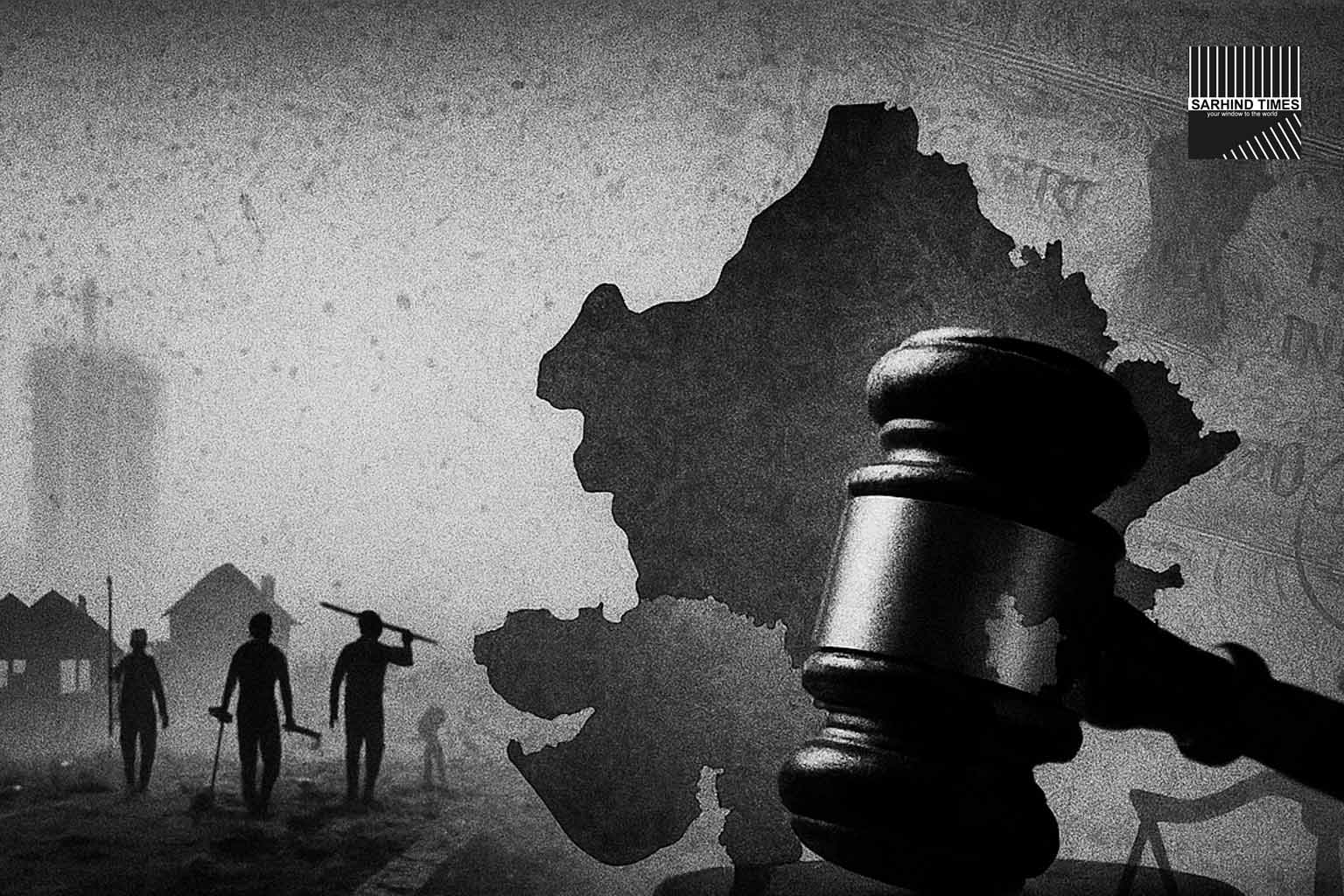
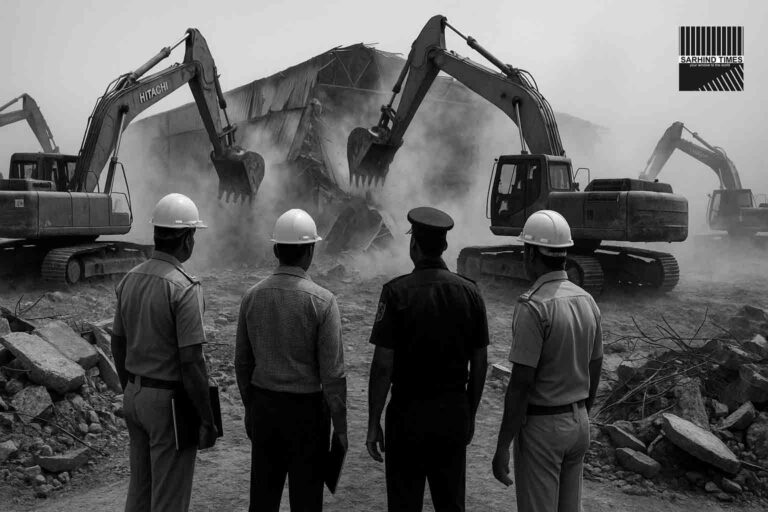

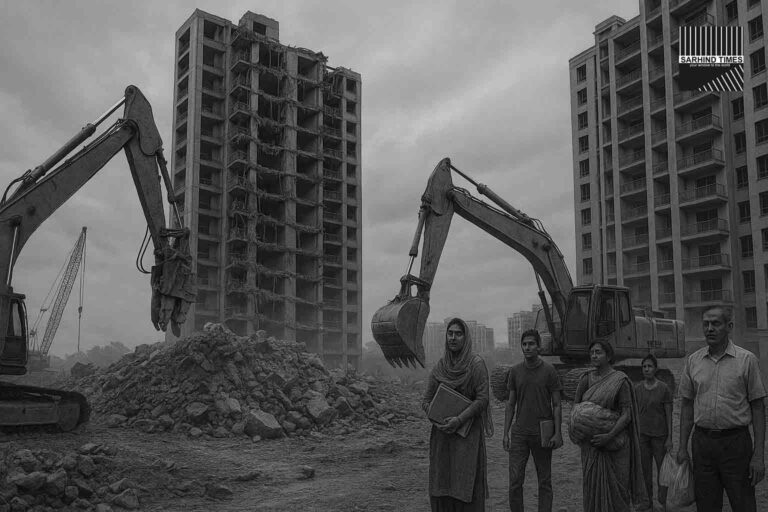
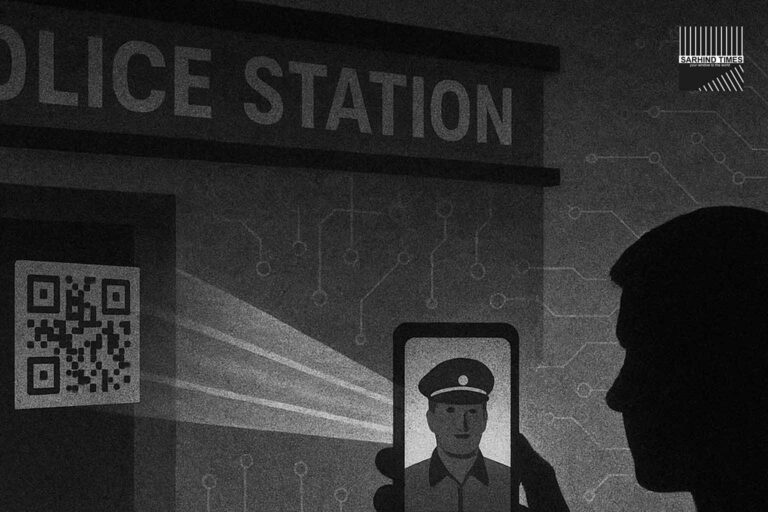

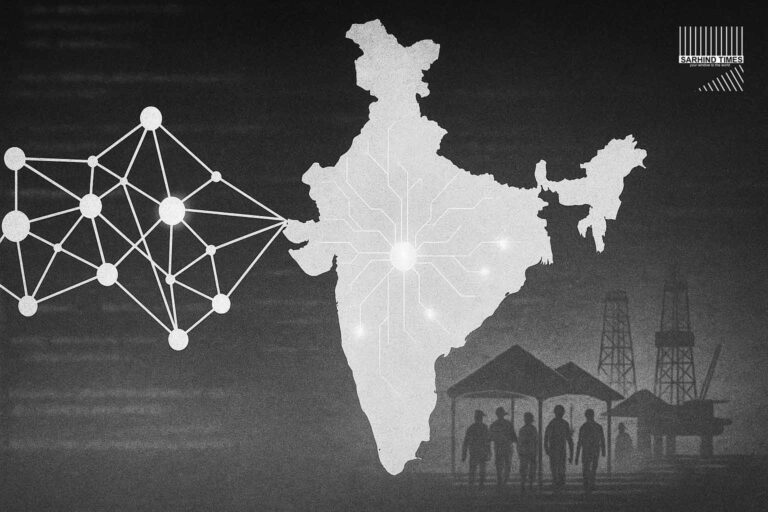




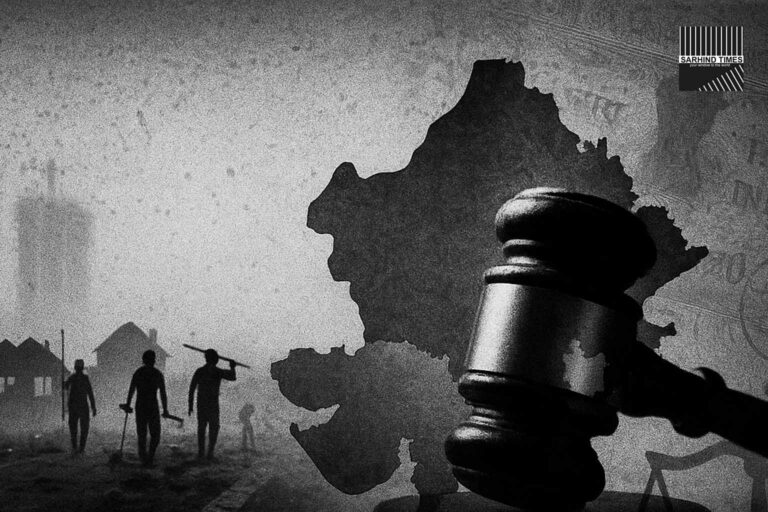
+ There are no comments
Add yours